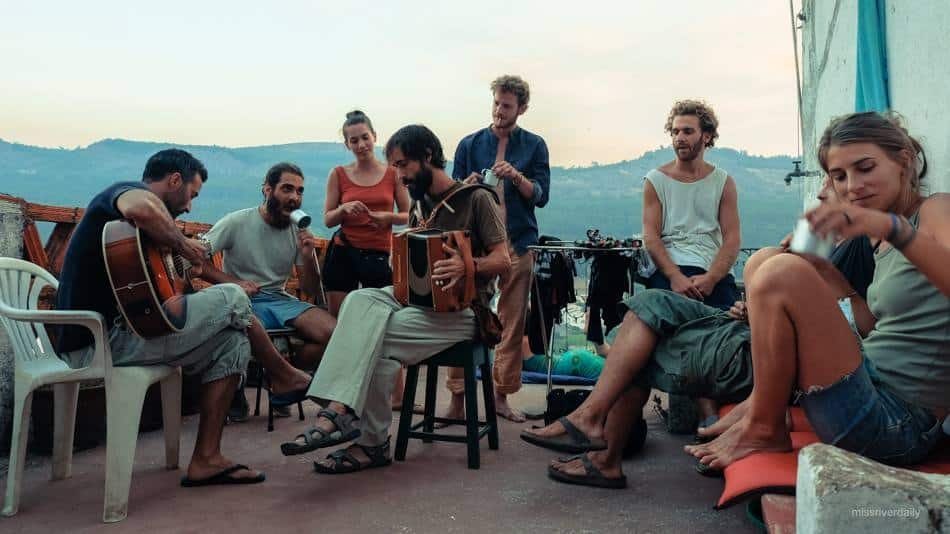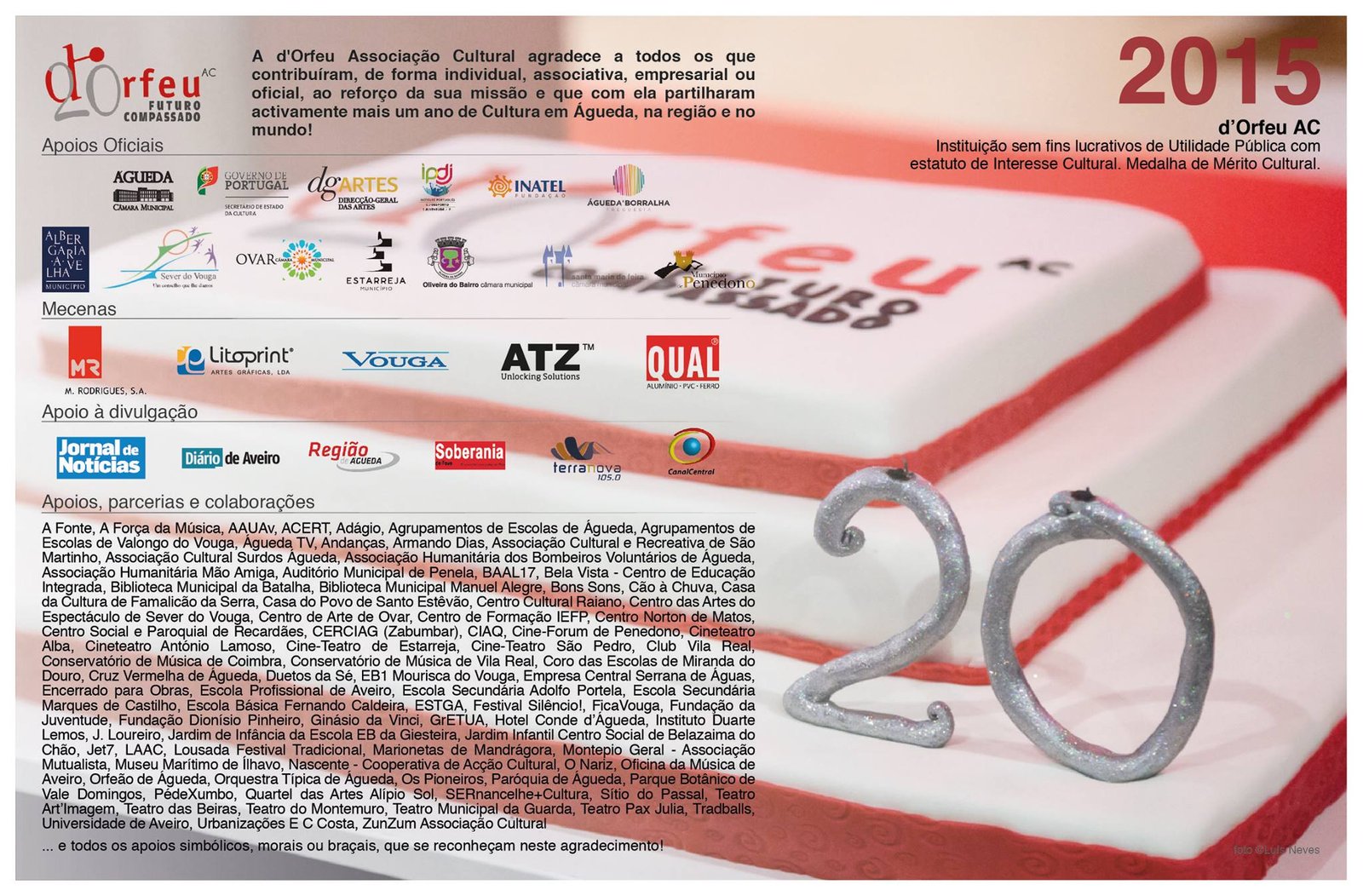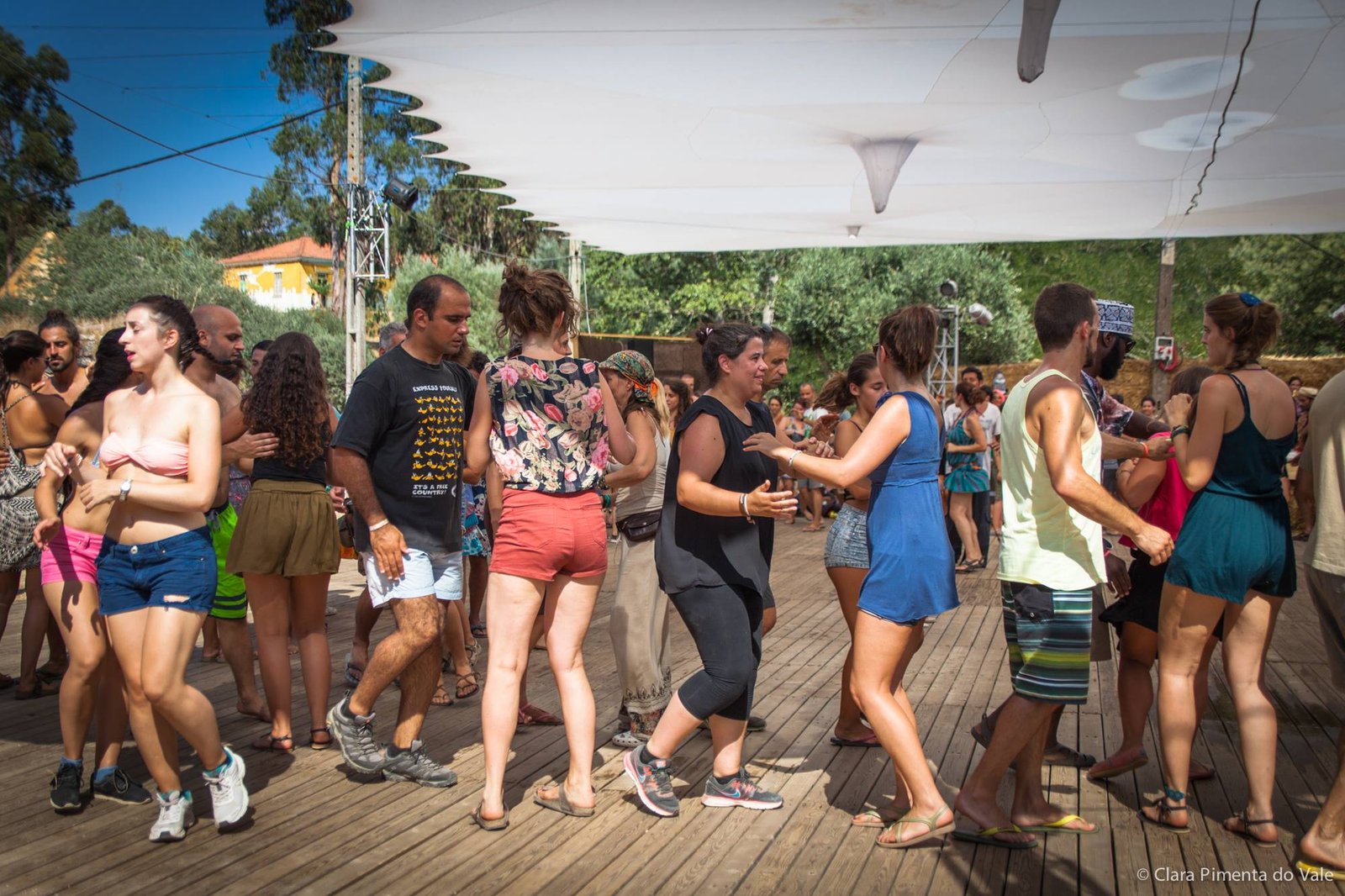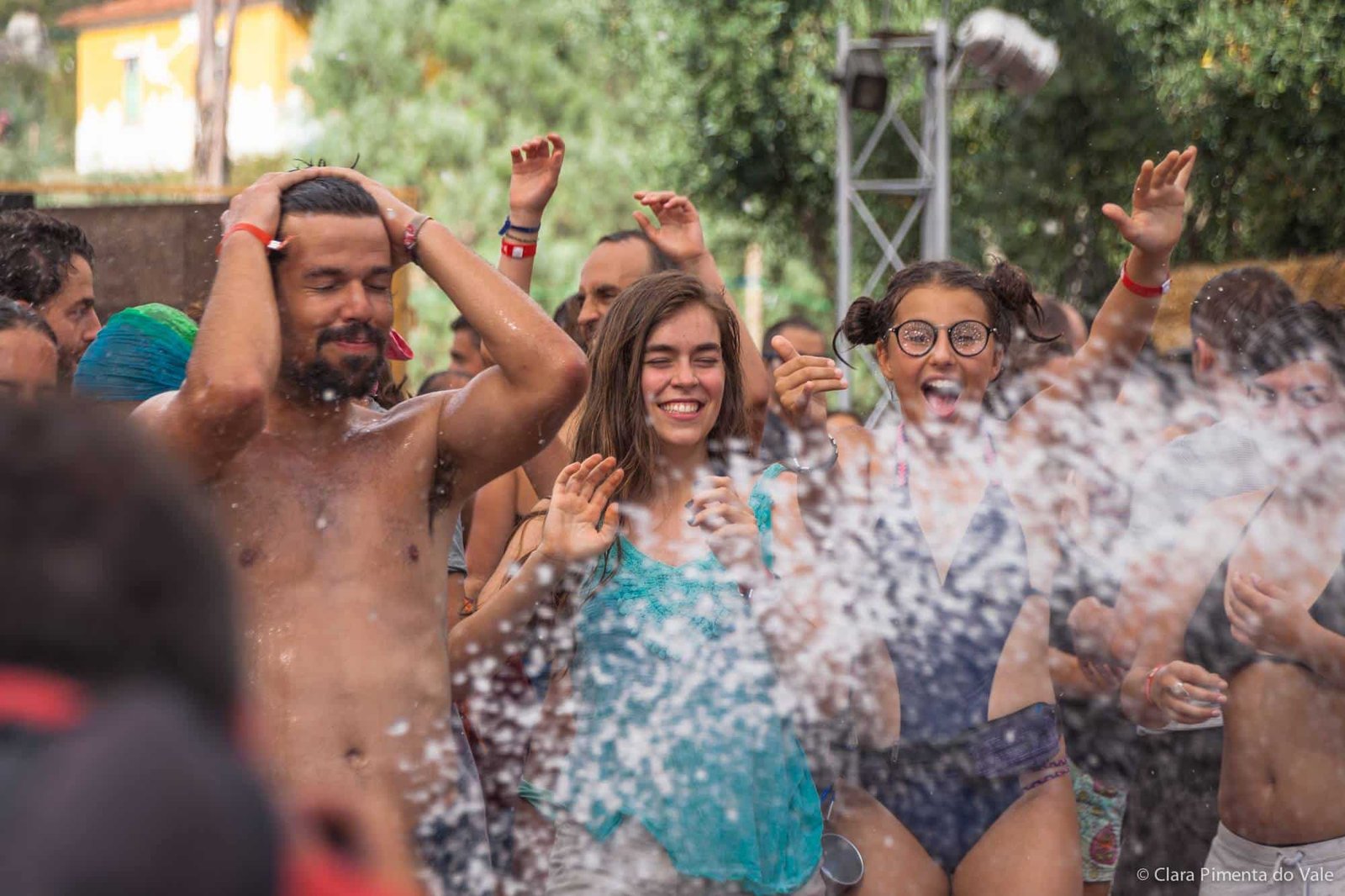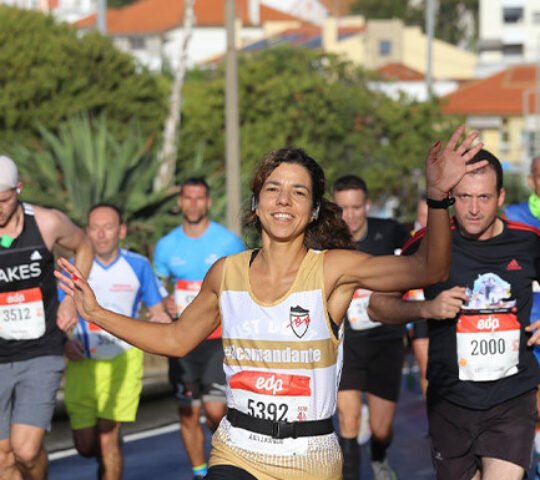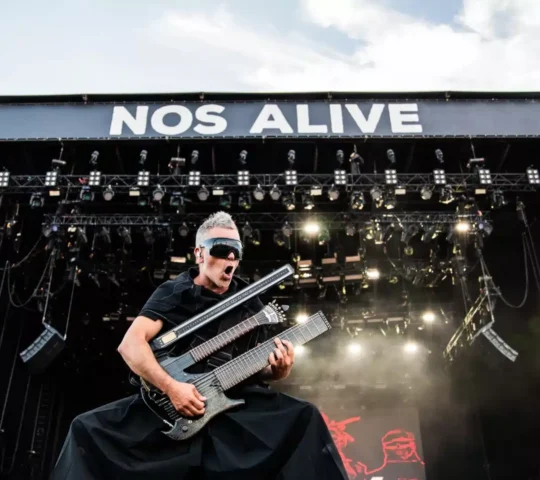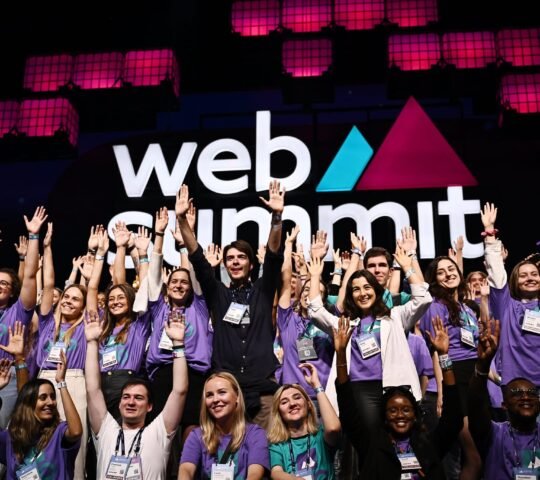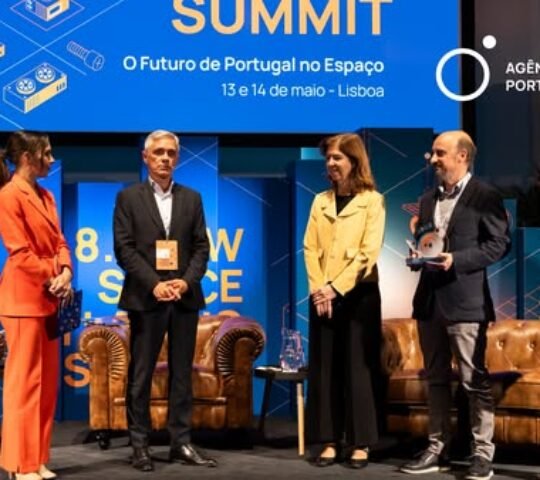Andanças Festival – Portugal 2026
Background & History
The Andanças Festival, organized by the PédeXumbo Association since 1996, is Portugal’s premier celebration of traditional dance and music, fostering intercultural exchange and sustainable living in the heart of the Alentejo region. Conceived to revive the communal spirit of folk dances—rooted in Portugal’s rural traditions and global influences from Africa, Europe, and the Americas—it began in Évora as a modest gathering of 2,000 dancers and musicians. By 2021, it found a permanent home in Campinho, a small village in Reguengos de Monsaraz, aligning with PédeXumbo’s mission to decentralize cultural events and uplift inland communities. The move to Campinho, a 200-resident hamlet 3 km from the Alqueva Lake, Europe’s largest artificial reservoir, reflects a commitment to revitalizing rural Alentejo, historically shaped by Roman, Visigothic, and Moorish legacies, with its 13th-century Reconquista heritage.
Now in its 30th edition for 2026, Andanças attracts 2,500 participants over four days, generating €1.5–2 million for the local economy through tourism, artisanal sales, and hospitality. Its growth from a niche dance event to a UNESCO-aligned cultural phenomenon—recognized by the European Festivals Association in 2024 for sustainable practices—stems from its four pillars: Dance & Music, Volunteering, Community, and Sustainability. The 2021 “A Caminhar para o Andanças” initiative seeded its Campinho roots, fostering partnerships with local entities like the Parish Council and Gente Nova de Campinho, which bolstered 2023’s community-driven edition. The festival’s “zero waste” ethos, lauded by the European Forum for Food Waste Reduction in 2022 for its “Dose Certa” portion control, underscores its eco-leadership, reducing waste by 40% through reusable mugs and composting.
Andanças bridges generations and cultures, offering 60+ dance styles—Portuguese mazurkas, African kizomba, Balkan circle dances—taught by 80+ international facilitators. Its economic impact sustains 50+ local vendors, funds year-round dance workshops, and promotes Alentejo’s intangible heritage, from oral storytelling to cork-oak craftsmanship. The 2026 edition, building on 2025’s global fusion theme, may emphasize climate-conscious traditions, with workshops on solar-powered crafts, reinforcing Campinho’s role as a “global village” where 1,000+ annual volunteers and locals co-create a utopia of shared joy and responsibility.
Enjoy Your Event Stress-Free with Euro Travelo
Planning a trip to attend a festival, concert, or business event in Europe can be overwhelming—tickets, travel, accommodation, and local logistics all take time and effort. Euro Travelo makes it simple by providing everything you need through one trusted company. You save time, avoid stress, and enjoy a seamless experience from start to finish.
Why Choose Euro Travelo:
- Secure and easy ticket booking for concerts, festivals, theaters, and business events.
- Complete travel planning including flights, trains, and local transportation.
- Accommodation arrangements near event venues, tailored to your needs.
- Convenient local transfers, from airport pickups to private shuttles.
- On-site concierge support to help you navigate venues and schedules.
- Custom itineraries and experience packages combining multiple events, tours, and activities.
- Secure payment process, making it safe and convenient to book all services online.
- Flexibility: even if you need only one service, we can assist individually.
Event Highlights
- Main activities or performances: Engage in 80+ workshops across five stages, teaching dances like Portuguese corridinho, Basque zuberotxak, and Brazilian forró, led by global masters like France’s Duo Montanaro and Senegal’s Cheikh Lô; 40+ concerts feature acts like Lisbon’s B Fachada blending fado with electronica, alongside Gypsy jazz and Alentejo’s cante alentejano choirs; nightly bailes (dance parties) at Parque de Feiras unite 2,000 dancers under starlit oaks, with live accordion and djembe jams.
- Special traditions or features: The “Paralelas” Space showcases artisanal crafts, from Alentejo wool tapestries to recycled cork jewelry, with live weaving demos; the “Dose Certa” initiative, a 2022 award-winner, promotes mindful eating at two canteens, reducing food waste by 35%; daily storytelling sessions revive Alentejo’s oral myths, like tales of Moorish princesses, while the “Open Village” finale (August 17) offers free entry for communal dances with Campinho residents.
- Unique attractions for visitors: The Children’s Space hosts 20+ kid-friendly workshops, from puppet-making to mini-mazurkas; guided eco-tours to Alqueva Lake and Monsaraz’s megalithic sites blend heritage with nature; AR apps map Campinho’s Roman-era ruins, while the “Sustainability Village” demonstrates solar ovens and zero-waste crafts, inviting hands-on learning; street theater with stilt-walkers in Moorish costumes adds whimsy to cobblestone lanes.
Date & Duration
Dates: Thursday 13 August 2026 – Sunday 16 August 2026 — 4 days of dancing, music, workshops and community experiences. (Expected)
Visiting this event? Don’t miss out on these amazing activities and local experiences while you’re here.
Venue / Location
Set in Campinho, a 200-resident village in Reguengos de Monsaraz, Alentejo, the festival transforms a 1 km² pastoral enclave overlooking cork-oak plains and the Alqueva Lake. Key venues include Parque de Feiras do Campinho (main stage and dance floor), Praça de Bernardino José Cruz (canteen and craft market), Espaço Cultural do Campinho (ticket office and workshops), and Rua da Horta (street performances). The flat terrain, dotted with whitewashed homes and Roman-era wells, ensures accessibility, with ramps and shuttles from camping areas. The Health Space at Remo Family Health Unit and Children’s Space near the village square enhance inclusivity. Campinho’s rustic charm—3 km from Alqueva’s serene waters—creates an intimate, car-free haven under August’s scorching sun, tempered by shaded oaks and misting stations.
- Google Maps Address: Parque de Feiras do Campinho, Rua da Horta, 7200-171 Campinho, Portugal (https://maps.google.com/?q=Parque+de+Feiras+do+Campinho,+Rua+da+Horta,+7200-171+Campinho,+Portugal)
Ticket Information
- How tickets are sold: Online at https://www.andancas.net/site/en/ticket-store (e-tickets with QR codes, 10% early-bird discounts until May 2026); limited on-site sales at Espaço Cultural do Campinho (August 13–16, 08:00–22:00, cash/card); group bookings for schools/IPSS via bilheteira@andancas.net; lotteries for 50 exclusive dance masterclasses via @andancas.net Instagram.
- Whether admission is free or paid: Paid for full access (workshops, concerts, dances); free for children under 12 (with adult ticket); free Open Village finale (August 16, post-18:00); peripheral markets open to all.
- Ticket pricing in USD only: Full Pass (4 days, 13+): $108.00–$129.60 USD (€100–€120). Daily Pass: $21.60–$43.20 USD (€20–€40, higher on Friday/Saturday). Accessible Pass: $108.00 USD (€100, 1+1 free for disabled attendees). IPSS Groups (10+): 20% off ($86.40 USD Full Pass). Local Residents: 30% off ($75.60 USD Full Pass). Children (0–12): $0 USD. Minimum pricing: $0 USD (kids/free events). Maximum pricing: $129.60 USD (Full Pass, peak).
- Any special seating or VIP options: VIP upgrades ($16.20–$27.00 USD add-on) offer reserved stage seating, priority workshop access, and artist meet-and-greets; 50% off for Reguengos residents (proof at box office); 1+1 free for disabled attendees (motor/sensory/cognitive, email bilheteira@andancas.net); school groups $5.40 USD/child for cultural tracks; eco-tickets (public transport proof) rebate $3.25 USD.
Contact Information
- Email: info@andancas.net (general inquiries, program); bilheteira@andancas.net (tickets, accessibility); press@andancas.net (media, interviews); volunteer@andancas.net (volunteer applications).
- Phone: +351 968 732 868 (festival hotline, English/Portuguese, 08:00–23:00); +351 266 500 100 (Reguengos Tourism Office, visitor support).
- Website: https://www.andancas.net (schedules, tickets, virtual maps); https://www.cm-reguengos-monsaraz.pt/en (municipal info); https://www.visitportugal.com/en/content/andancas-festival (tourism guides).
- Social Media: @andancas.net (Instagram/Facebook for artist reveals, live streams); @PedeXumbo (X for crowd updates); Linktree: linktr.ee/andancas.net (all links); YouTube (@PedeXumbo) for recaps.
- Key Staff: Margarida Guerreiro (PédeXumbo Director, festival vision); Sofia João (Sustainability Lead, eco-initiatives); António Almeida (Dance Coordinator, workshop curation); Maria Costa (Community Liaison, local partnerships).
- Press/Volunteers: Press via press@andancas.net (accredited badges, artist Q&As); 1,200+ volunteer roles (ticketing, guiding, recycling) via volunteer@andancas.net, €60/day stipends for multilinguals, apply December 2025.
- Note: 24–36-hour email responses; live app chat; accessibility aids (braille, interpreters, audio guides); emergency line +351 266 500 150; multilingual support in five languages.
Cultural Experience
Andanças weaves Campinho’s Alentejo heritage—rooted in Roman viticulture, Visigothic monasteries, and 8th-century Moorish orchards—into a vibrant celebration of global folk traditions, fostering a “timeless family” through dance and music. Set against cork-oak plains, it revives Portugal’s rural soul while embracing worldwide rhythms.
Core traditions include nightly bailes, where 2,000+ dancers sway to cante alentejano polyphonies and Senegalese sabar drums, echoing Alentejo’s communal harvest feasts. Storytellers in Praça de Bernardino share Moorish fables of Alqueva’s waters, blending oral lore with Brazilian capoeira roda chants, fostering cross-cultural kinship under lantern-lit oaks.
Costumes dazzle: facilitators in linen tunics with Alentejo embroidery lead mazurka workshops, while street performers in Gypsy-inspired shawls reenact medieval market scenes. The Children’s Space revives pastoral games, with kids crafting cork-oak toys or learning fandango steps, tying Alentejo’s pastoral legacy to global play.
Local customs shine in communal sopa de cação (dogfish soup) feasts, served with cornbread in shaded squares, and “Paralelas” craft demos of Alentejo’s pano di terra weaving, dyed with local saffron. Sustainability workshops, like solar-oven baking, reflect Campinho’s eco-ethos, while accessible audio tours narrate the village’s 2,000-year history, ensuring all join this global village’s embrace of joy, heritage, and shared futures.
Food & Drinks
- Must-try specialties: Alentejo’s sopa de cação ($8.65 USD) and migas com carne ($10.80 USD); vegetarian açorda with coriander ($7.50 USD); full canteen meals (soup, main, drink, dessert) at $16.20 USD, using Alqueva-sourced produce.
- Savory-sweet pairings: Grilled sardines with fig chutney ($6.50 USD); vegan chickpea stew with cork-oak honey ($5.40 USD); live demos of bacalhau com natas infused with saffron ($10.80 USD).
- Signature drinks: Medronho liqueur shots ($3.25 USD); non-alcoholic rosemary-cucumber spritz ($2.15 USD); local Alentejo reds paired with canteen dishes ($4.30 USD/glass); reusable mugs mandatory for all drinks ($1.08 USD deposit).
- Baked goods and more: Bolo da amassadura (Campinho’s signature bread, $2.15 USD); gluten-free almond tarts ($3.25 USD); vegan cork-oak nut cookies; kid-friendly mini-empanadas at Children’s Space ($1.08 USD).
Getting There
- Nearest airports: Lisbon (LIS, 180 km, 2-hour drive, €80–100 USD taxi); Faro (FAO, 140 km, 1.5-hour drive); Seville (SVQ, Spain, 220 km, 2.5 hours).
- Public transport: Rede Expressos buses from Lisbon (€21.60 USD, 2.5 hours) or Évora (€8.65 USD, 30 min) to Reguengos de Monsaraz, then Rodoviária do Alentejo bus 8372 to Campinho (€2.15 USD, 10 min); festival transfers from Reguengos (free with wristband, August 13–16, 09:45/20:30).
- By car: A6/N114 from Lisbon (180 km, Exit 5); N255/EM532 from Évora (30 km); GPS: 38.36769, -7.47066; free parking at Cumeada entrance (1,000 spots, 300m walk); campervan spaces at São Marcos do Campo (€10.80 USD/day); EVs get priority.
- Other options: Lisboa Possível bike tours (€32.40 USD, 3-day ride); BlaBlaCar rideshares (€10–20 USD); Viator tours from Lisbon (€54 USD with entry); free Blue Transfer to Alqueva beaches.
Accommodation Options
- Luxury stays: São Lourenço do Barrocal ($216–$540 USD/night, 10 km), a 5-star eco-resort with Alqueva views, spa, and festival shuttles; Herdade da Malhadinha Nova ($194–$432 USD, 15 km), vineyard estate with gourmet dining.
- Mid-range hotels and guesthouses: Hotel Vila Planície ($86–$162 USD, Reguengos), poolside suites with bike rentals; Casa do Alqueva ($97–$194 USD, Monsaraz), rustic manor with cork-oak terraces and festival packages.
- Budget and family options: Campinho Camping (free with ticket, bring gear); Alqueva Rural Camping ($22–$43 USD, 5 km); Casa da Avó ($54–$108 USD), village guesthouse with kids’ play areas; youth hostel in Évora ($32–$65 USD, 30 km).
- Additional tips: Airbnb stone cottages ($65–$162 USD) with Alentejo wine baskets; book 8 months early via Booking.com for 20% discounts; pet-friendly quintas; campervan sites (€22–$54 USD) via Park4Night with solar hookups.
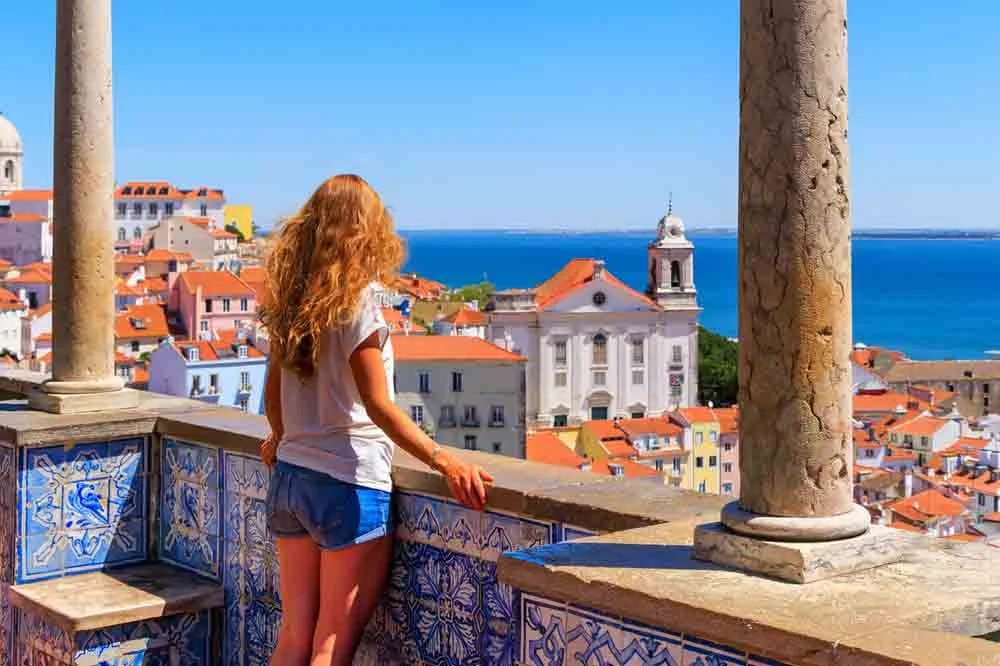
Attention!
We offer complete packages including Event Tickets, Accommodation, Transportation & more — so you don’t have to worry about anything.
Contact Us →Before you go, check these helpful travel products:
Maps
Contact
Video
FAQ's
Where can I buy tickets for Andanças 2026, and what’s included?
Purchase at https://www.andancas.net/site/en/ticket-store (QR e-tickets, 10% off until May); limited box office sales at Espaço Cultural do Campinho (August 13–16, 08:00–22:00). Full Pass ($108.00–$129.60 USD) covers 80+ workshops, 40+ concerts, bailes, and all spaces; daily passes ($21.60–$43.20 USD); some tours need pre-registration. Accessible 1+1 free ($108.00 USD) via bilheteira@andancas.net.
What are the dates, and how flexible are tickets for families or multi-days?
August 13–16, 2026 (4 days, 10:00–02:00, some to 03:00); Full Pass allows unlimited re-entry; daily passes date-specific for 2,500-capacity; kids under 12 free with adult; family discounts for 3+ kids (20% off, email bilheteira@andancas.net); Open Village finale (August 16, post-18:00) free.
Is Andanças accessible for reduced mobility, pets, and groups?
Certified Accessible Festival with ramps, accessible toilets, and 7 reserved parking spots; 1+1 free for disabilities; IPSS groups (10+) get 20% off; leashed pets allowed (no dance areas, owner cleanup required); school programs ($5.40 USD/child) via email. Braille/audio guides available.
How do I get to Campinho, and what’s the parking setup?
Fly to Lisbon (2-hour drive) or Faro (1.5 hours); Rede Expressos bus to Reguengos (€21.60 USD from Lisbon, 10% off with code ANDANCAS2025), then free transfers; free parking at Cumeada (1,000 spots); campervans at São Marcos do Campo (€10.80 USD/day); e-bikes €8.65 USD/day.
What if weather affects events, and are there dietary options?
Shaded stages and tents ensure continuity; app updates for shifts, credits for cancellations. Two canteens offer omnivore/vegetarian meals ($16.20 USD, kids $7.50 USD) with local produce; vegan açorda, gluten-free tarts, nut-free zones; camper’s kitchen for self-catering; 10+ local eateries like Monte d’Açorda ($8.65–$13 USD mains).



